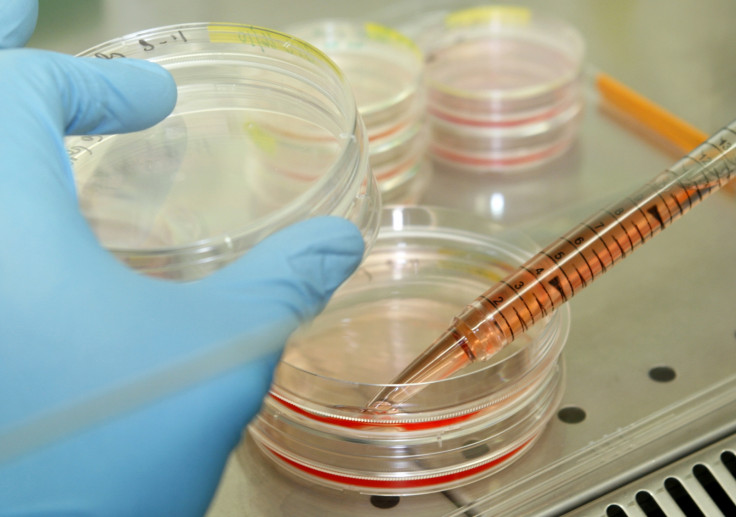Sex Drive in Mice Controlled By Love Hormone
Hormone oxytocin affects mice sexual behaviour

Blocking the hormone oxytocin to a small group of nerve cells situated in the prefrontal cortex area of the brain switched off sexual interest in female mice, a study from Rockefeller University says.
While oxytocin is known to make people fall in love and bond mothers and babies, this is the first time its role in sexual interaction has been shown.
Oxytocin receptors are situated it many parts of the brain and facilitate social interactions. The study focussed on the prefrontal cortex and found that a small group of neurons are key to controlling sexual behaviour in mice.
Oxytocin has similar effects for humans as for mice. However, it is not yet clear if the hormone influences the human version of this kind of interaction, says the university press release.
The findings are published in the scientific journal Cell.
The Lego block test
The team was looking for a new type of interneuron – a specialized neuron that relays messages to other neurons across short distances – when they came upon the small group of neurons in the outer layer of the brain signalling to each other in responding to oxytocin.
The study saw female mice given a choice between exploring a room with a male mouse or a room with a plastic Lego block.
Oxytocin prompted sexually receptive female mice to get interested in investigating their potential mates.
When the hormone was blocked or the cells in the region were silenced, the female mice lost interest in mating and preferred to sniff at the Lego block.
At other times they responded normally to their male counterparts, showing the influence of oxytocin during the mating period.
Oxytocin, which has even been called the "key to monogamy", could also help anorexics by reducing negative emotions associated with food and body shape, reports Nature World News.
© Copyright IBTimes 2025. All rights reserved.




















